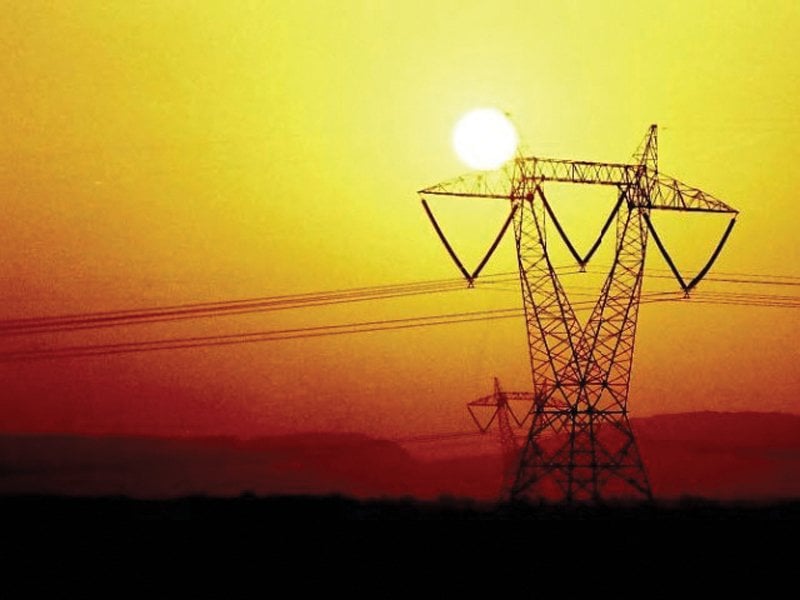
ISLAMABAD: The government is expected to put further burden on electricity consumers as it is planning to recover Rs45 billion worth of losses caused by power theft and leakages from them, which in effect can be termed a reward for the thieves, sources say.
This amount is in addition to the bank loans amounting to about Rs250 billion, taken by power distribution companies, which the government is set to pass on to the consumers who are regularly paying their bills.
By shifting the cost of power theft to the consumers earlier, the government claims, transmission and distribution (T&D) losses had come down. However, the National Electric Power Regulatory Authority (Nepra) has expressed doubts about the losses claimed by power distribution companies and seeks to conduct a detailed study to assess the actual figure.
According to sources, the Ministry of Water and Power told the Economic Coordination Committee (ECC) of the cabinet, in a meeting held on May 28, that Nepra had issued tariff determination for 2013-14 for the distribution companies, though T&D losses claimed by the companies were sharply lower.
In 2012-13, the ministry said, actual average losses of distribution companies stood at 18.76% while the regulator allowed 16%, which could be recovered from the consumers. Next year, the losses dropped to 17.55% while Nepra allowed 12.82%.
The ministry told the ECC that the figures clearly indicated that it was not possible for the companies to meet the T&D loss target set by Nepra at 12.82%. “Nepra’s target does not reflect the true picture,” it said.
The 12.82% figure for average line losses would not be achievable, subsequently these unaccounted losses would add Rs45 billion to the circular debt, the ministry argued.
It pointed out that Nepra itself acknowledged that without a detailed study the exact quantum of losses could not be assessed, so the regulator should set the target based on a technical study linked with approval of the investment plan and its execution.
The distribution companies have already filed a review petition with Nepra against the determination of losses. The petition is yet to be decided.
In order to rationalise the target, the ministry suggested that Nepra could review the T&D loss target of 12.82% and set it at 15.75%. The ECC approved the proposal to pass the impact of losses on to consumers.
According to the ministry, under the Nepra Act 1997, the regulator is responsible for determining tariffs and other terms and conditions for the supply of electricity by generation, transmission and distribution companies and to recommend these to the federal government subject to the need to comply with guidelines, not inconsistent with the provisions of the Nepra Act.
Nepra determines electricity tariffs keeping in view the principles of economic efficiency and quality of services according to the Tariff Standards and Procedure Rules 1998. It is also responsible for determining the process and procedures for reviewing tariffs and recommending tariff adjustments.
Talking to The Express Tribune, the Nepra spokesman said the ECC’s decision had not been conveyed to the regulator, adding Nepra determined the tariff keeping in view the “prudent cost”.
“Nepra’s role is to safeguard the interest of consumers and make the determination while ensuring that the companies do not collapse,” he said.
He also referred to the Supreme Court’s judgment that said Nepra could not allow anything that was inconsistent with the law.
Published in The Express Tribune, June 12th, 2014.
Like Business on Facebook, follow @TribuneBiz on Twitter to stay informed and join in the conversation.
COMMENTS (1)
Comments are moderated and generally will be posted if they are on-topic and not abusive.
For more information, please see our Comments FAQ






















































Corporate Mafia